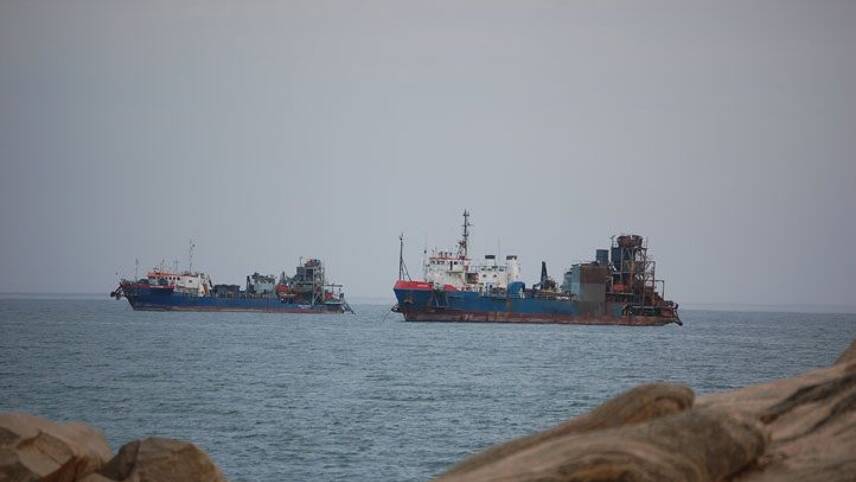Register for free and continue reading
Join our growing army of changemakers and get unlimited access to our premium content

As well as destroying fragile marine habitats
The calls come from the Deep Sea Conservation Coalition (DSCC), which consists of more than 80 NGOs, fishers organisations and law and policy institutes. The Coalition is calling for a halt to destructive deep-sea mining for key minerals for EV development, including cobalt, nickel, and manganese.
The Coalition is calling on automakers and technology firms to pre-emptively move away from companies involved in deep-sea mining while supporting calls for a moratorium on the industry. The call is partly based on findings from 500 scientists and policy experts that have called for a stop to the industry.
As well as destroying fragile marine habitats, deep-sea mining also impacts the oceans’ ability to absorb and sequester carbon, which in turn exacerbates the climate crisis.
DSCC’s global campaigner, Farah Obaidullah said: “Deep-sea mining presents humanity with a unique opportunity- to learn from our past mistakes and stop a destructive industry before it begins.
“Car and tech companies can lead the way by committing to keep the deep out of their vehicles, prioritizing the health of people and planet by saying ‘no’ to this destructive industry before it is too late.”
These minerals are considered key buildings blocks for EVs and battery technology, yet the supply chains still suffer from a lack of oversight and environmental stewardship.
Global demand for cobalt, for example, has been rising steadily in recent times and is predicted to grow more rapidly in the coming years, due to the growth of the electric vehicle (EV) market. Bloomberg has forecast that the global demand for cobalt could increase more than 47-fold by 2030, against a 2018 baseline.
In response, a coalition of businesses including Signify, Glencore and Fairphone launched a joint initiative to improve the economic, working and social conditions of those working in the cobalt supply chain.
Some automakers have already moved to distance themselves from deep-sea mining as a means to access these materials. The likes of BMW Group, Volvo, Google, and Samsung SDI have all been vocal on the need to halt to the industry.
Fortunately, battery innovation is emerging. The world’s second-biggest EV manufacturer, BYD, recently announced that certain metals have been scrapped from their model lineup entirely.
Experts believe there is not enough cobalt in the world to replace every working petrol or diesel vehicle on the roads with fully electric alternatives. Moreover, batteries are typically warrantied for less than 15 years and considered hard to recycle, even though they contain high proportions of recyclable and high-value metals. The good news is that the likes of BMW, Nissan and Formula E are beginning to invest heavily in more circular battery products and systems, and that startups in this space are continuing to innovate.
Matt Mace


But there isn’t enough Cobalt on land to provide enough batteries for the UK fleet of vehicles let alone the entire world. And what Cobalt is accessible is largely in the Democratic Republic of Congo and of dubious ethical standards. Mining isn’t exactly "environmentally friendly" either.
So perhaps we all need to accept the days of private car ownership are numbered and we need to invest in mass public transport instead.